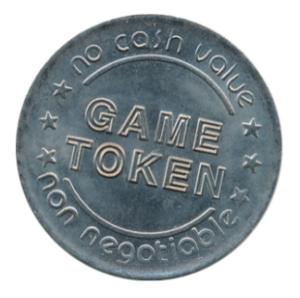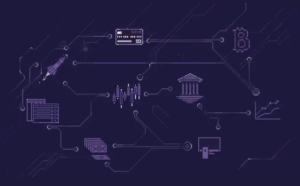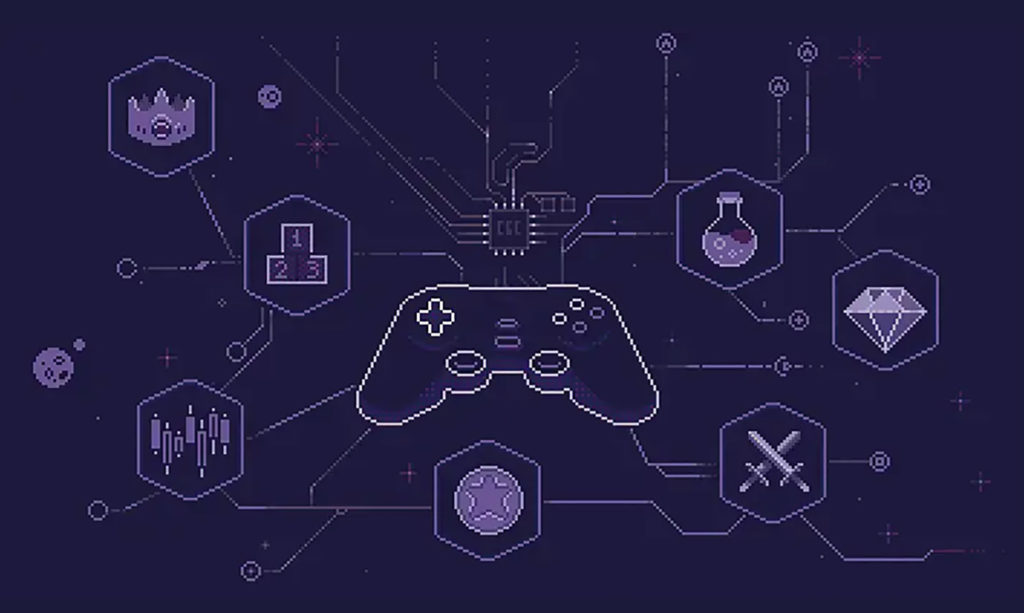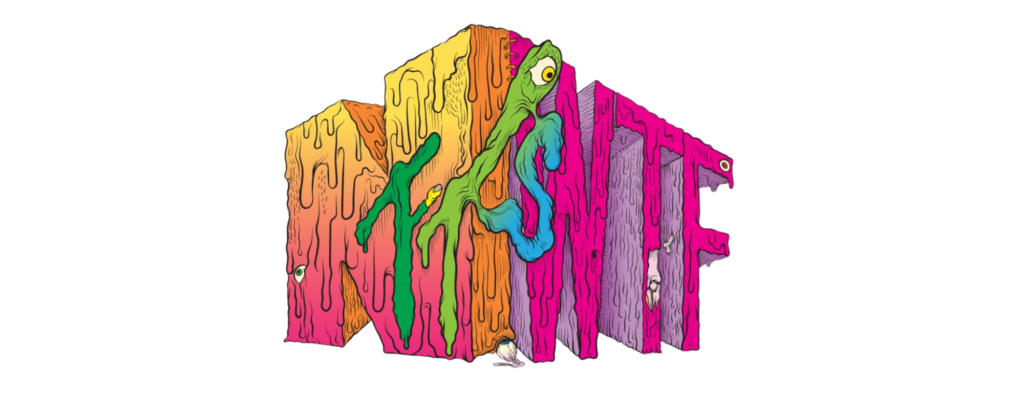Insights from the Blockchain Games Conference [Part 2]
Earlier this week in Part 1, we covered how NFTs are creating communities around blockchain games and how this translates to social growth for an open metaverse. In Part 2, we will focus on metaverse economies that are made possible by NFTs initiating a whole new level of ownership.
“An economy by definition allows a lot of different ways to participate with scope for specialization,” Derek Lau stated in his CGC presentation Building the Metaverse Economy. Metaverses mimic real-world societies and rely on their connection to the real world to thrive. When you combine crypto with video games to generate real value and expect people to spend their time using Dapps, it’s necessary to approach these systems with an open yet critical mindset.
The phenomenon of play-to-earn (P2E) games is hardly revolutionary. Player-led digital economies have existed as early as 1999 with games such as Ultima Online, Old School Runescape and Second Life. For decades arcades have used non-redeemable tokens to monetize gaming, sometimes allowing players to exchange tickets for prizes. In the era of the attention economy, one could argue that video game streaming represents the pinnacle of P2E. Living the dream.

https://en.numista.com/catalogue/photos/afrique_du_sud/60631c2897a894.02655881-original.jpg
Games with in-game economies and currencies that don’t translate into FIAT money are closed-loop systems, which don’t warrant regulation. These systems were designed just for fun, but as is the case with in-game economies, third-party trading contrary to terms of service inevitably arises. This speaks volumes to the demands of a whole generation of gamers to play and earn as well as the game industry’s shortcomings to supply these systems.
Video game companies are notorious for massive marketing budgets that create hype around games, sometimes cyberpunking their audiences with cinematic and gameplay trailers. “Real ownership” of in-game assets through NFTs has been advertised as a major selling point for blockchain games and being used as a marketing tool that often paints traditional video game companies in a bad light. However, doing so doesn’t detract from the functionality that NFT ownership offers the industry. All game companies compete for players’ time and money, but NFTs are challenging traditional business models to become more lucrative and democratized for their users.

“If you want to measure the flow of cash in the traditional gaming business model, the money is going one way, from players to the game company,” says Jon Jordan, editor of BlockchainGamer.biz. “Blockchain games start off the same way, but players buy and own an NFT. The big money is flowing between players who sell their NFTs to other players. A bit of money goes back to the game company, but the main business is between players.”
https://www.youtube.com/watch?v=E1tzewUq-AI&t=2129s
Is this just the gamification of crypto-speculation or the Diablo 3 auction house all over again? Blockchain games have been criticized for their lack of fun, but Delphi Digital’s @pierskicks believes these games target a particular demographic of gamers.

https://twitter.com/pierskicks/status/1443552924601303043?s=21
There’s clearly more to blockchain gaming than finding and trading GG loot. There are complex financial systems being developed around blockchain game NFTs. DeFi meets blockchain games to form what has been referred to as “GameFi” and it’s becoming more common to see NFT projects introducing DeFi utilities, such as Axie Infinity’s staking program, announced on September 30. YGG (Yield Guild Games) is a play-to-earn guild, which funds other people to play games. CyberKongz use tokenomics effectively to create supply and demand for their $BANANAS to breed Baby CyberKongz and are moving towards community governance.
Derek Lau expects to see “not just individuals creating businesses within games, but actual organizations, such as DAOs, building on top of a game. Some of these groups are going to be focused on the investment and collectability aspects of NFTs in games, so they’re not necessarily empowering players to play, but more interested from an investment perspective.”
“It’s all about perspective,” stated Jung Woong Park, co-founder and COO of Revolve Games, during a panel discussion entitled “GameFI: The Play to Earn Phenomenon.” According to Park:
“A lot of blockchain gaming developers were really immersed in the technology and what blockchain can do to give back to the community. The rewards that some projects give out are essentially revenue that a traditional gaming company would’ve taken for themselves. I do think focusing too much on the financial aspect plays a role as to why some people might think it’s a Ponzi. As blockchain gaming projects move towards delivering quality products, the viewpoint will slowly shift into a more positive one.”

Considering the social and economic potential that NFTs hold for blockchain gaming, it is evident that a Ready Player One scenario may be closer than we think. The P2E narrative remains appealing to crypto-natives but may also redefine the meaning of the daily grind while helping to shape Web3 metaverses. This comparatively small portion of the gaming industry is still in its infancy, but the CGC Blockchain Games Conference will continue to take place quarterly to provide further insights into this growing phenomenon.
For more on CGC and their sponsors:
CGC Official: https://www.cgc.one/
Polygon Studios: https://polygonstudios.com/
Epik Official: https://www.epik.gg/
DappRadar: https://dappradar.com/



